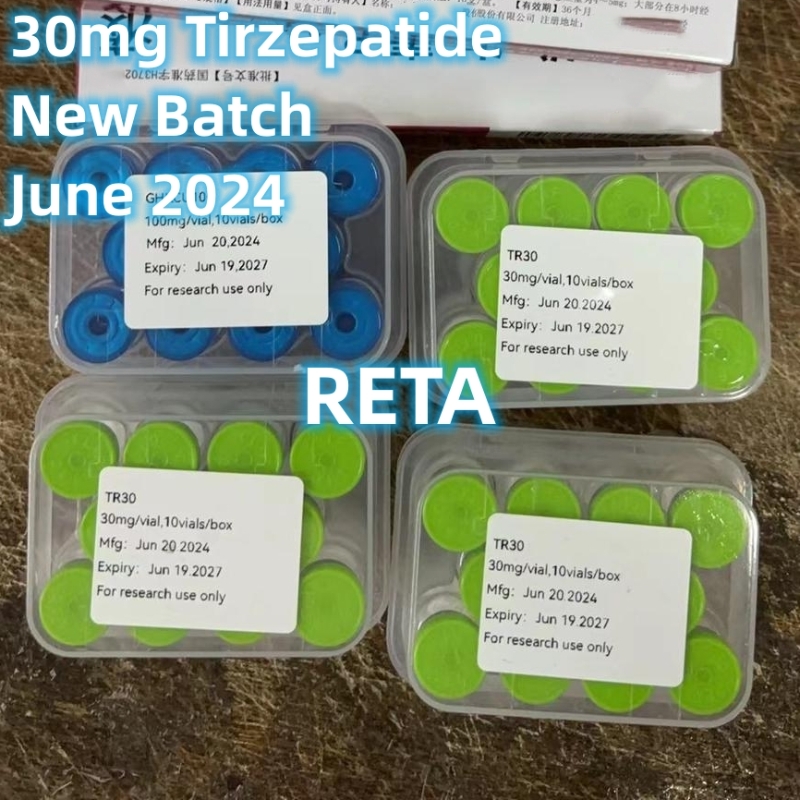-
Categories
-
Pharmaceutical Intermediates
-
Active Pharmaceutical Ingredients
-
Food Additives
- Industrial Coatings
- Agrochemicals
- Dyes and Pigments
- Surfactant
- Flavors and Fragrances
- Chemical Reagents
- Catalyst and Auxiliary
- Natural Products
- Inorganic Chemistry
-
Organic Chemistry
-
Biochemical Engineering
- Analytical Chemistry
-
Cosmetic Ingredient
- Water Treatment Chemical
-
Pharmaceutical Intermediates
Promotion
ECHEMI Mall
Wholesale
Weekly Price
Exhibition
News
-
Trade Service
Compilenewborn
Recently, Spark Therapeutics, a gene therapy company under Roche, and CombiGene, a Swedish gene therapy company, signed an exclusive cooperation and licensing agreement for the latter's CG01 project
.
This project is a gene therapy designed to treat drug-resistant focal epilepsy, and has obtained positive results in major preclinical efficacy studies
Under the terms of the agreement, CombiGene will be eligible to receive up to $328.
5 million (excluding royalties)
.
Among them, an advance payment of 8.
Epilepsy is a major global medical disease.
Although many patients with epilepsy respond well to current anti-epileptic treatments, a considerable number of patients need new treatment options
.
It is estimated that the United States, the four European Union countries, the United Kingdom, Japan, and China add about 47,000 patients with drug-resistant focal epilepsy each year
CG01 is a unique adenovirus vector (AAV)-based gene therapy, which aims to express neuropeptide Y (NPY) and its receptor Y2 directly in the brain where epileptic seizures start
.
Previously, CG01 has successfully completed preclinical dose-response studies, proof-of-concept studies of chronic epilepsy models, pharmacokinetic studies, learning and memory studies, and cell tropism studies
The proof-of-concept study showed that CG01 was successfully absorbed by cells and expressed NPY and Y2 in human epileptic brain tissue (part of the brain that caused epileptic seizures) from patients with drug-resistant epilepsy.
Magnetic resonance and EEG examinations were used for evaluation.
It is confirmed that CG01 has obvious anti-epileptic effect
.
The preclinical pharmacokinetic study clearly showed that the expression of NPY and Y2 increased significantly one week after the injection of CG01, continued to increase in the next 2 weeks, reached stability after 3 weeks, and then during the entire study period (6 months) Remains stable, which suggests that CG01 has the potential to provide continuous expression for several years after injection into human brain tissue
Learning and memory studies have shown that the active substances NPY and Y2 encoded by CG01 have no obvious negative effects on cognitive function
.
The cytotropism study confirmed that CG01 entered the hippocampus nerve cells and expressed it completely as expected, rather than support cells (glial cells)
At present, CG01 is in the late preclinical stage.
Reference source:
Reference source:1.
1.
2.
The CG01 epilepsy project







